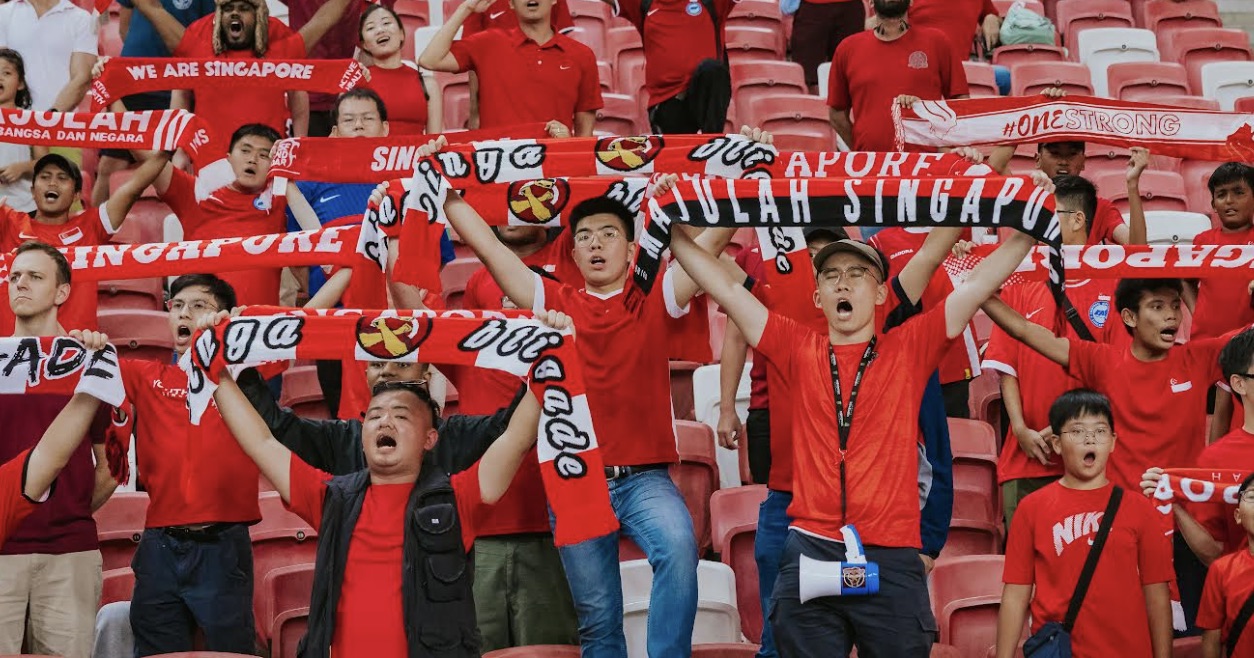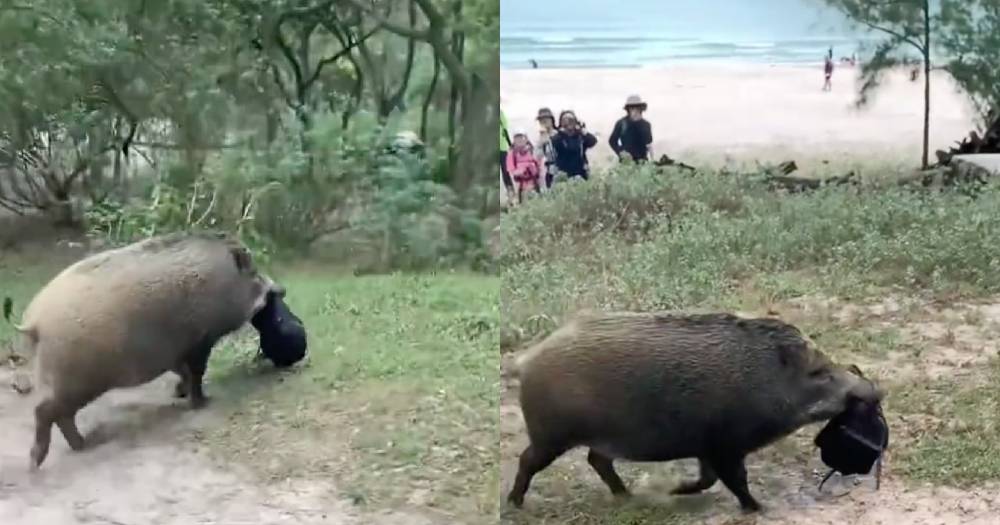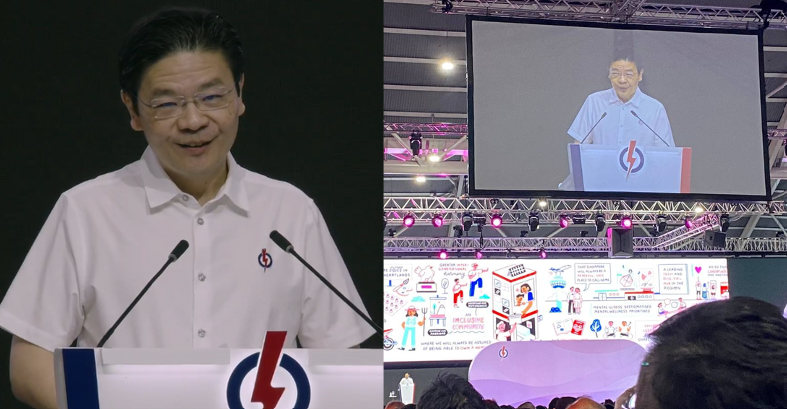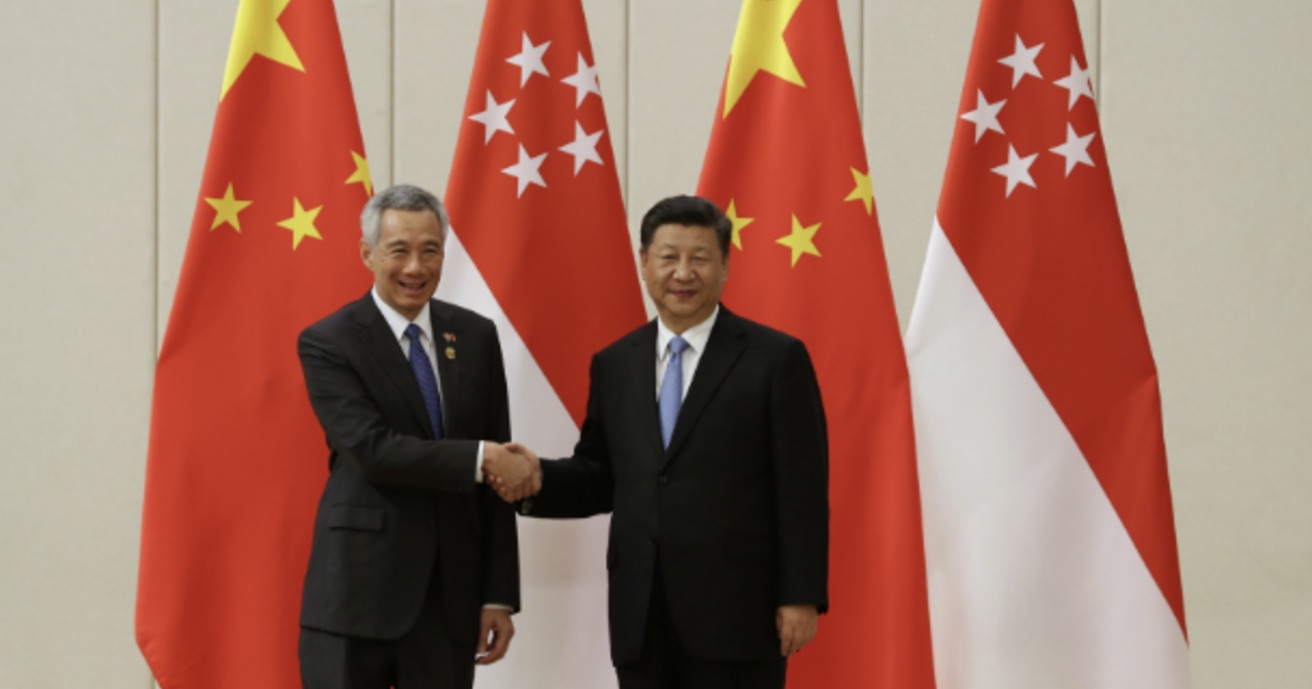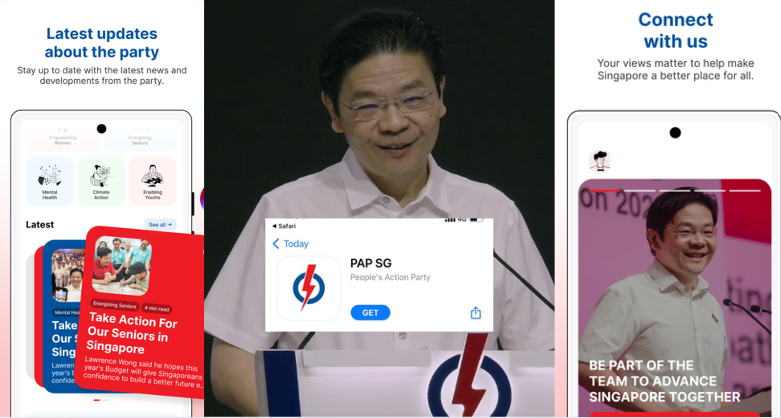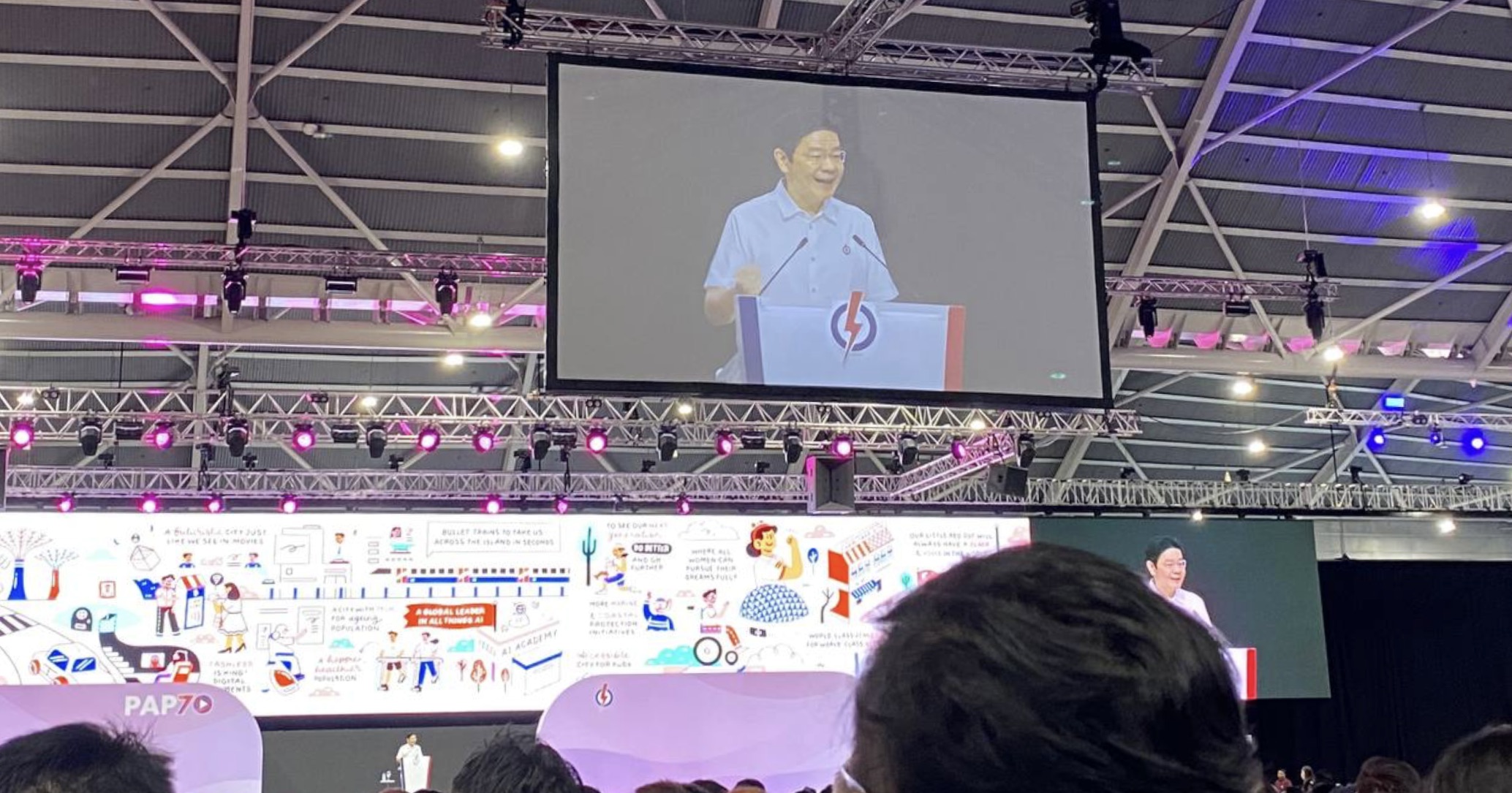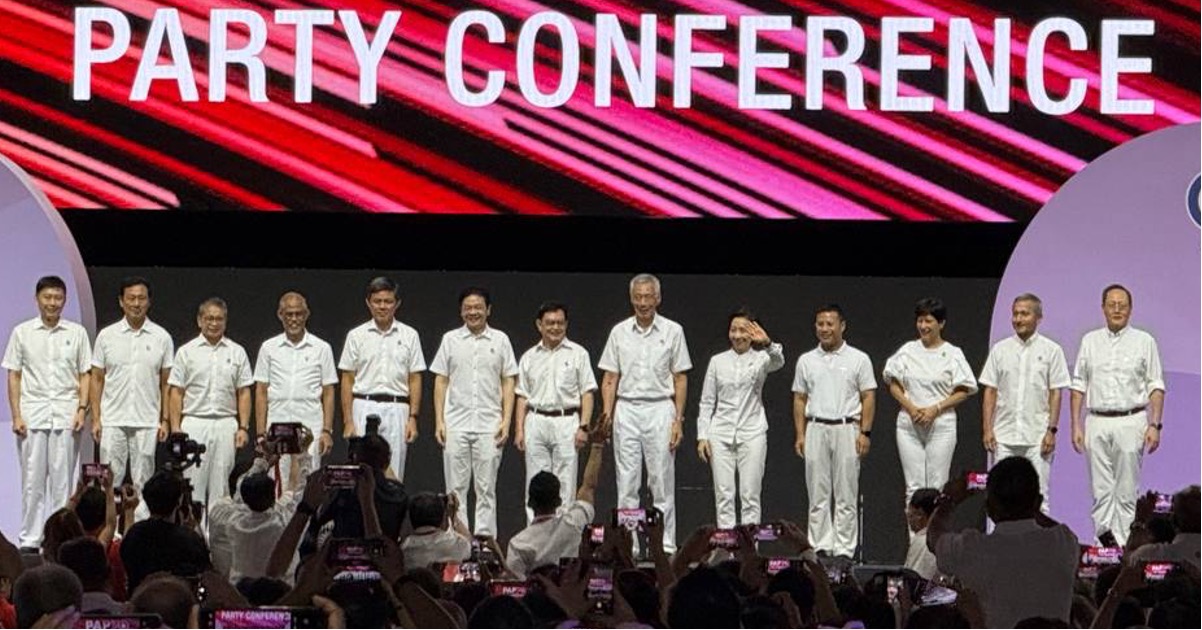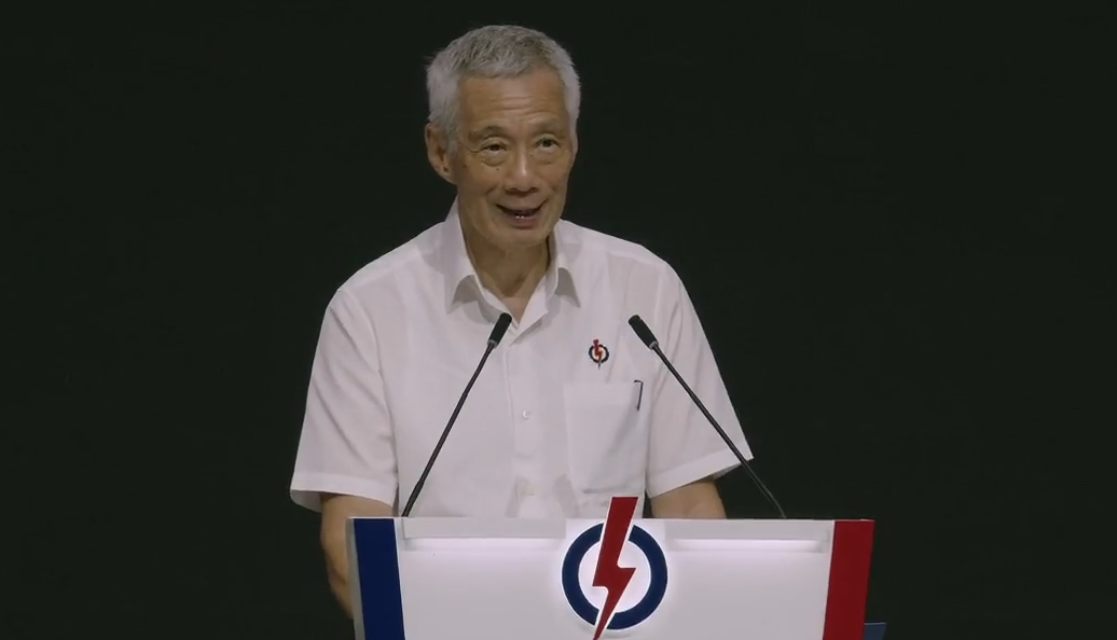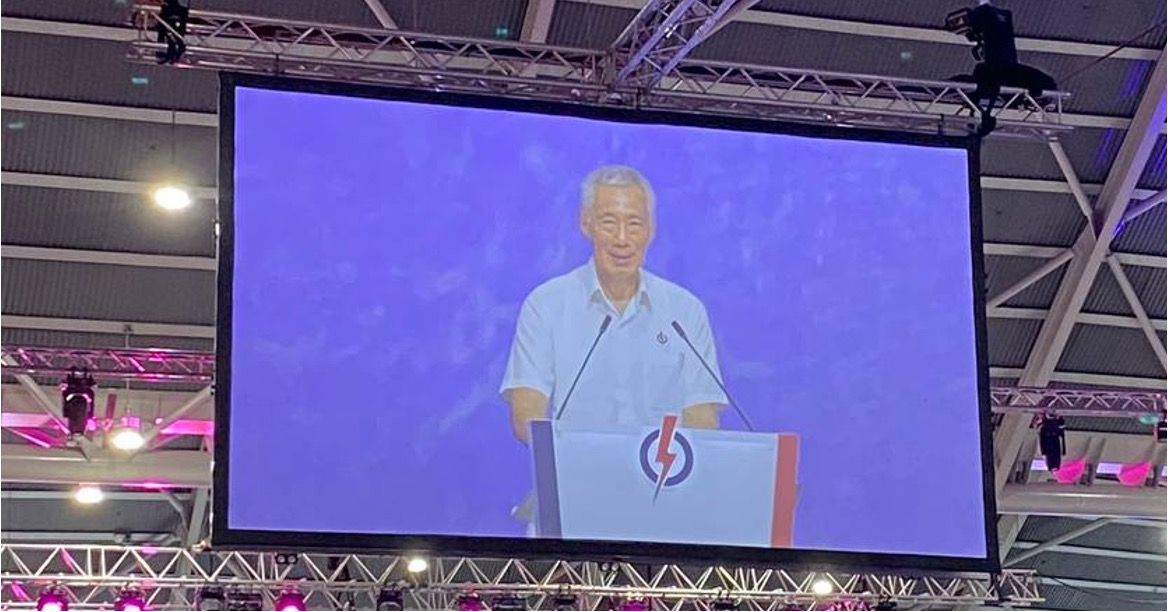PM Wong referenced a political party in power longer than the PAP. How did Mexico's PRI do it?
That record is held by the Partido Revolucionario Institucional (PRI) of Mexico.
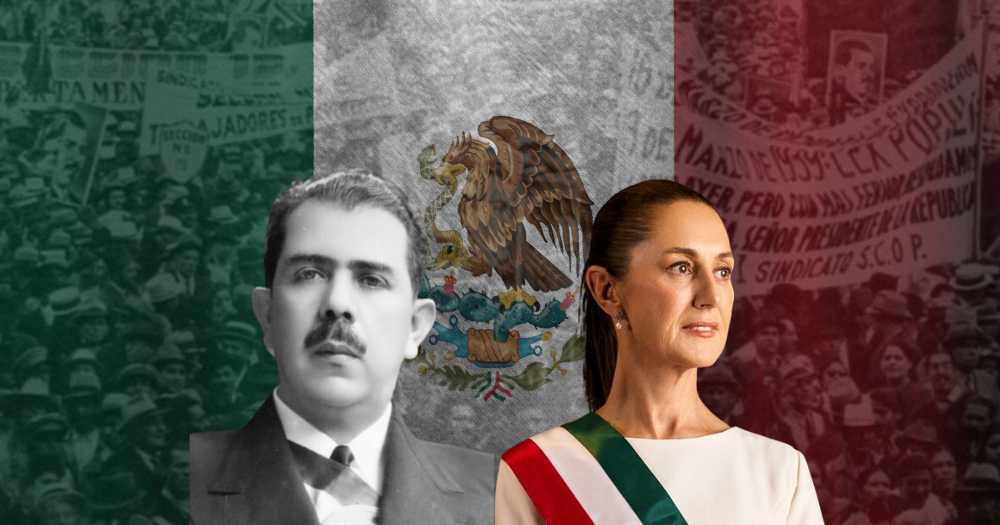
The People's Action Party (PAP) celebrated its 70th anniversary on Nov. 21, 2024.
Prime Minister Lawrence Wong, who will take over the position of secretary-general of the PAP from Senior Minister Lee Hsien Loong, spoke to a roughly 3,000-strong crowd of party members about the past, present and future of the party on Nov. 24, 2024.
At one point during his speech, PM Wong noted how very few political parties have been in government for as long as the PAP has, but also mentioned a curious fact that elicited gasps of surprise, and later applause, from the crowd:
"I did a quick check on the internet. The longest-running governing party in the world so far has been Mexico's Institutional Revolutionary Party (PRI). They led Mexico for 71 years, from 1929 to 2000. What about the PAP? We are not far behind."
The PAP has been in power for 65 years, ever since Singapore achieved self-government from the British in 1959.
The PAP therefore has six more years to go if it is to beat the PRI's record.
The PRI came up again in PM Wong's speech as he later reflected on the "high stakes" of the upcoming general election, to be held by November 2025, as well as a shifting political landscape with more contestation from opposition parties:
"Some of you may ask, how long can [the PAP] go on for? We are 65 years. Mexico has a record of 71 years. How long can we continue as the ruling party? Really? No one can tell."
However, the PRI and the PAP are very different parties with differing political outlooks, contexts and histories.
Nevertheless, the history of the PRI provides us with a rare case study of a political regime that has survived and thrived for longer than the PAP has.
A brief history of PRI
According to sociologist Edward F. Ackerman's book, "Origins of Mass Party: Dispossession and the Party-Form in Mexico and Bolivia in Comparative Perspective", a predecessor of Mexico's Partido Revolucionario Institucional (PRI) first emerged in 1929.
Known then as the Partido Nacional Revolucionario (PNR), it was formed by the various parties and military elites that prevailed in the Mexican Revolution from 1910 to 1921 against the 30-year dictatorship of José de la Cruz Porfirio Díaz Mori.
The founder of the party, Plutarco Elias Calles, saw the PNR as a means to "institutionalise the revolution", as well as "discipline" the revolutionary forces that had just toppled Díaz's rule.
The PRI, in its final form, emerged in 1946 under then-President Miguel Alemán.
According to Ackerman, the PRI derived much of its political support from peasants in Mexico.
One of PRI's biggest legacies includes the nationalisation of Mexico's oil sector and the creation of Pemex in 1938, a Mexican state-owned petroleum corporation.
A "notoriously ambiguous regime"
Political scientists have struggled to clearly define the PRI's ideological disposition. Ackerman writes that the PRI was a "notoriously ambiguous regime for most of the 20th century."
The PRI is sometimes called a "catch-all party", referring to the party's "pragmatic" and flexible stances on various issues, with the party often taking up contradictory positions on the same issues in different regions of Mexico.
Some political scientists have thus described the PRI as a "pragmatic-hegemonic party".
"The perfect dictatorship" comes to an end
Peruvian author and Nobel Prize winner Mario Vargas Llosa once famously described the PRI as "the perfect dictatorship":
"I don't believe that there has been in Latin America any case of a system of dictatorship which has so efficiently recruited the intellectual milieu, bribing it with great subtlety.
The perfect dictatorship is not communism, nor the USSR, nor Fidel Castro; the perfect dictatorship is Mexico. Because it is a camouflaged dictatorship."
Depending on who you ask in Mexico, the PRI's rule was either a period of political stability and national unity or seven decades of autocratic cronyism, maintained largely through state violence and rigged elections.
All the same, the PRI's single-party hold on Mexican politics crumbled in 2000, as the PRI's then-presidential candidate Francisco Labastida lost to Vincente Fox from the right-wing party Partido Acción Nacional (PAN).
The 2000 election was a sea-change for Mexican politics, with the PRI's decades-long regime abruptly coming to an end.
Political analysts have argued that the PRI's loss might have been related to the signing of the 1994 North American Free Trade Act (NAFTA), a deal that was seen as undermining rural farmers and peasants in Mexico who were, according to Ackerman, the "electoral backbone" of PRI in the 20th century.
NAFTA, which was signed by US President Bill Clinton, was one of the things Donald Trump railed against in his 2016 campaign and surprise victory.
Student massacre in 1968
American academic Roderic Ai Camp, in "The Oxford History of Mexico", argues that the decline of the PRI can be traced back to 1968 when the party violently cracked down on student protestors in Mexico City.
In the summer of 1968, as was the case in many other parts of the world, Mexico saw a burgeoning student protest movement that was leftist in orientation, and broadly critical of the state.
The movement was, however, short-lived and brutally crushed.
On Oct. 2, 1968, for instance, police and military troops shot into thousands of unarmed students who had gathered at Tlatelolco Plaza to demonstrate against a military crackdown on the National University in Mexico that had been taking place in the weeks prior.
Several students were killed and many injured, with even tanks rolling into the square to chase off demonstrators.
The final death toll of what has since been called the "Tlatelolco massacre" remains a mystery to this date.
According to Camp, the event marked a "psychological departure" in which Mexicans "began to question the efficacy and morality of an authoritarian state that required violence" to govern.
The end of single-party politics
The conservative PAN's successive victories in 2000 and 2006 chipped away at the PRI's long-established political hegemony.
Moreover, even though the PRI did manage to win the presidency back in 2012, Mexican politics had already crossed the Rubicon with the emergence of vibrant democratic contestation by left- and right-wing parties.
Accordingly in 2018 came another shock to the Mexican political system: the meteoric rise of the leftist party Morena, headed by then-President Andrés Manuel López Obrador (often referred to as AMLO).
López Obrador, a critic of "neoliberalism" and an "advocate" for indigenous rights, swept to power in 2018.
Six years later in 2024, 61-year-old Claudia Sheinbaum succeeded AMLO and won the presidency against PAN candidate Xóchitl Gálvez, cementing Morena's success.
Top photo collage from Wikiwand, Claudia Sheinbaum Pardo/Facebook, Canva & CGTN America.
MORE STORIES








